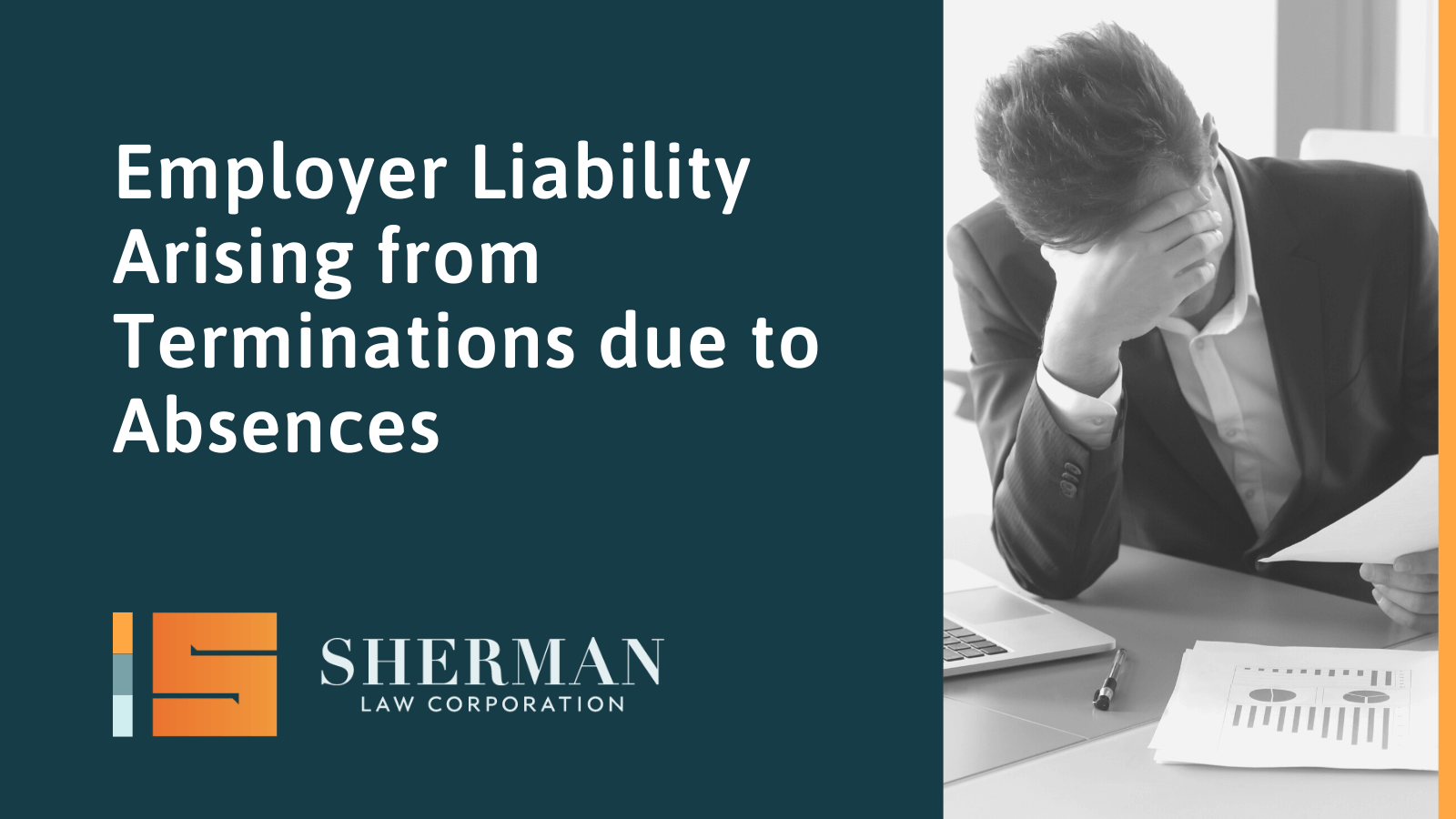
Before terminating any employee, it is highly recommended that you consult with experienced employment counsel to evaluate the legal ramifications of your intended actions. There are a number of state and federal laws that govern leaves of absences, all of which require more information to determine if your Company is a covered employer under each of these laws, and if this employee meets the qualifications for eligibility.
For example, if you employ five or more employees, California disability law requires that you provide “reasonable accommodation” for persons with a “disability,” which is broadly defined under California law. While cases have held that it is not a reasonable accommodation for a Company to provide an indefinite leave of absence with no known return date, if you are covered by California disability law, the onus is on you to provide the employee with medical certification paperwork for her physician to complete, along with a job description setting forth the essential functions of the position, including, physical and mental requirements. If the medical certification states that the employee is disabled and a short leave of absence until a date certain is necessary to enable her to return to work, reasonable accommodation is likely required, unless the employer can show undue hardship (which is a high standard).
At this time, it is best to place the employee on an “inactive status” and consult with experienced employment counsel to evaluate which laws apply and how to proceed.




